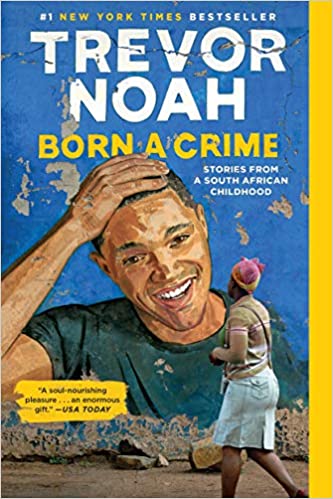Known to the world as Emily Doe for four arduous years, Chanel Miller finally claims her identity and
writes her memoir of the assault and aftermath of the Stanford rape case in 2015. The horror of the incident, the sexist culture surrounding the rapist's "good reputation", the agony of continuing to face the events of that evening over and over each time there is a hearing, a court appearance or the judge's final verdict...all of Chanel's emotions and anxieties are vulnerably documented in this book.As the courts are selecting the jury Chanel writes, " People believed I was enjoying my afternoon, when in reality I was about to face my rapist. How creepy it was that we could conceal these stories. How easy it was to pretend. The slivers we show, the mountains we hide."
This was very difficult to read, so I kept stopping to do other things in order to digest her anger, her loneliness, her loss of identity, her fear, her depression. But mostly I had to come to grips with the voices that had been in my head whenever I read about a sexual assault..."what was she wearing?" "what was she drinking?" "why was she there?" I am ashamed that I have believed these lies that our culture has fed us. A woman does not want to be assaulted, but somehow we blame the woman instead of the man who has mentally chosen his actions and then follows through. He must take responsibility, not blame the set of circumstances.
As I followed Chanel's journey through to her final Victim Impact Statement, that went viral on Buzzfeed the day after the sentencing, I was proud that she finally found her voice and so appreciative of the thousands of supporting voices that stood up for her after months of silence.
""For the past year I had been raking through comments looking for signs of support. I dug through opinion pieces in local newspapers searching for someone to stand up for me. I locked myself in my car in parking lots crying into hotlines, convinced I was losing my mind. All year loneliness had followed me, in the stairwell at work, in Philly, in the wooden witness stand, where I looked out at a near-empty audience. Yet all along there had been eyes watching me, rooting for me, from their own bedrooms, cars , stairwells, and apartments, all of us shielded inside our pain, our fear, our anonymity. I was surrounded by survivors, I was part of a we."





